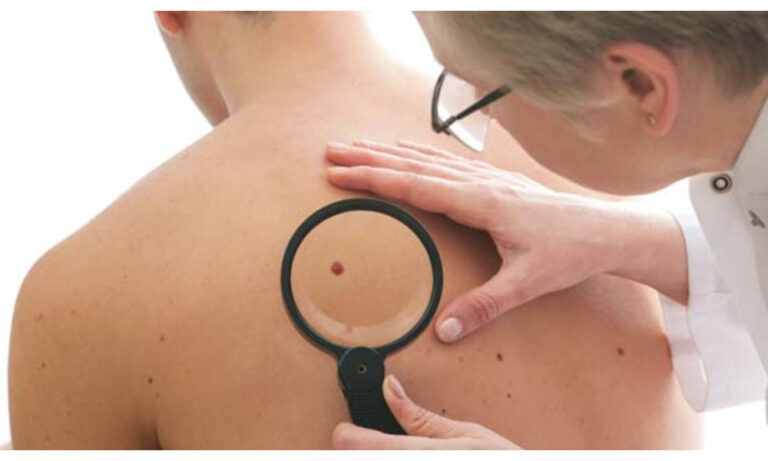
Colon cancer can grow undetected for years before spreading throughout the body with devastating consequences. Early detection offers a better chance for successful treatment, which is why many doctors recommend annual screenings starting at age 50 or 10 years after the first exposure to risk factors like family history of colorectal disease, and chronic constipation. Colon cancer screening experts in Lima, OH, know how to do a colonoscopy, which is critical in early cancer detection. Lima colon cancer screening specialists aim to make the procedure as comfortable as possible.
What is Colon Cancer Screening?
Colon cancer screening is a series of tests designed to find pre-cancerous polyps and early-stage cancers. The screenings vary based on your age, medical history, and family history of colon disease. One or more of the following tests may help in the detection. A major one is a colonoscopy. Involves the insertion of a flexible tube fitted with a small video camera to view the inside of the entire colon.
The procedure provides a complete visual examination and removes large polyps. In a colonoscopy, a doctor inserts a flexible tube with a tiny camera on end through the rectum up into the colon. They check any polyps or areas of concern for biopsy.
The doctors can then discover and detect polyps before they become cancerous. Colonoscopies can also detect changes in bowel habits and abdominal pain caused by colorectal cancer or other conditions.
Why Get Screened for Colon Cancer?
The American Cancer Society (ACS) recommends that all people, especially 50 years and older, get screened for colorectal cancer, regardless of their risk factors. Screening can find colon cancers early when they are easier to treat.
Regular screenings can also find pre-cancerous polyps to be removed before they have a chance to turn into cancer.
How to Prepare for the Screening
Your doctor will give you specific instructions on preparing for the screening. In general, you will need to;
- Stop eating solid foods for at least 24 hours before the test. You may be able to drink clear liquids up until two hours before the test.
- Drink plenty of fluids during the day before the test.
- Stop taking certain medications before the test, including iron supplements and aspirin.
- Arrange for a ride home from your appointment because you will not be allowed to drive after the test
When is Colon Cancer Screening Necessary?
Colon cancer screening begins at age 50. In people older than 75 years, screening should be based on an individual’s risk profile and preferences. Annual testing is recommended for younger people with a family history of colorectal cancer or other conditions associated with colorectal cancer, such as inflammatory bowel disease (IBD).
The ACS does not recommend colonoscopy as a preventive measure in those with no symptoms or family history of colorectal cancer.
Benefits of Colon Cancer Screening
- Can detect cancer in its early stages
- Can detect pre-cancerous polyps before they have a chance to turn into cancer
- It is less invasive than many other cancer screenings, such as mammograms or Pap smears.
- It can happen in your doctor’s office without the need for anesthesia.
Regular screenings can help find colon cancers early when they are easier to treat.
Colonoscopies may also detect changes in bowel habits and abdominal pain caused by colorectal cancer or other conditions. The American Cancer Society recommends that all people go for the procedure and those 50 years and older.




